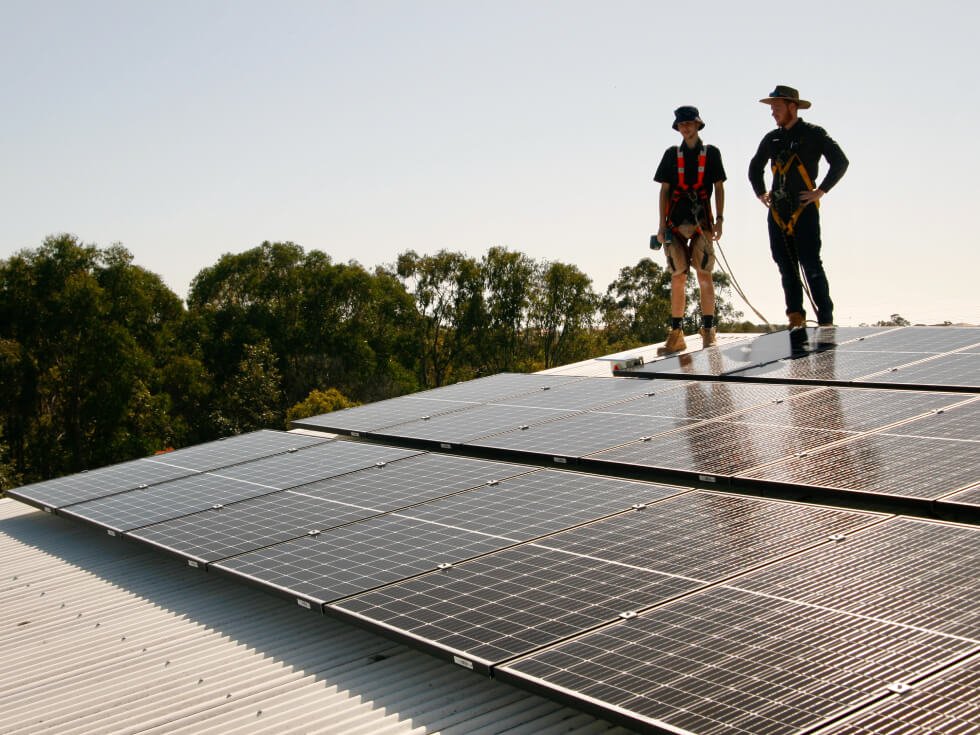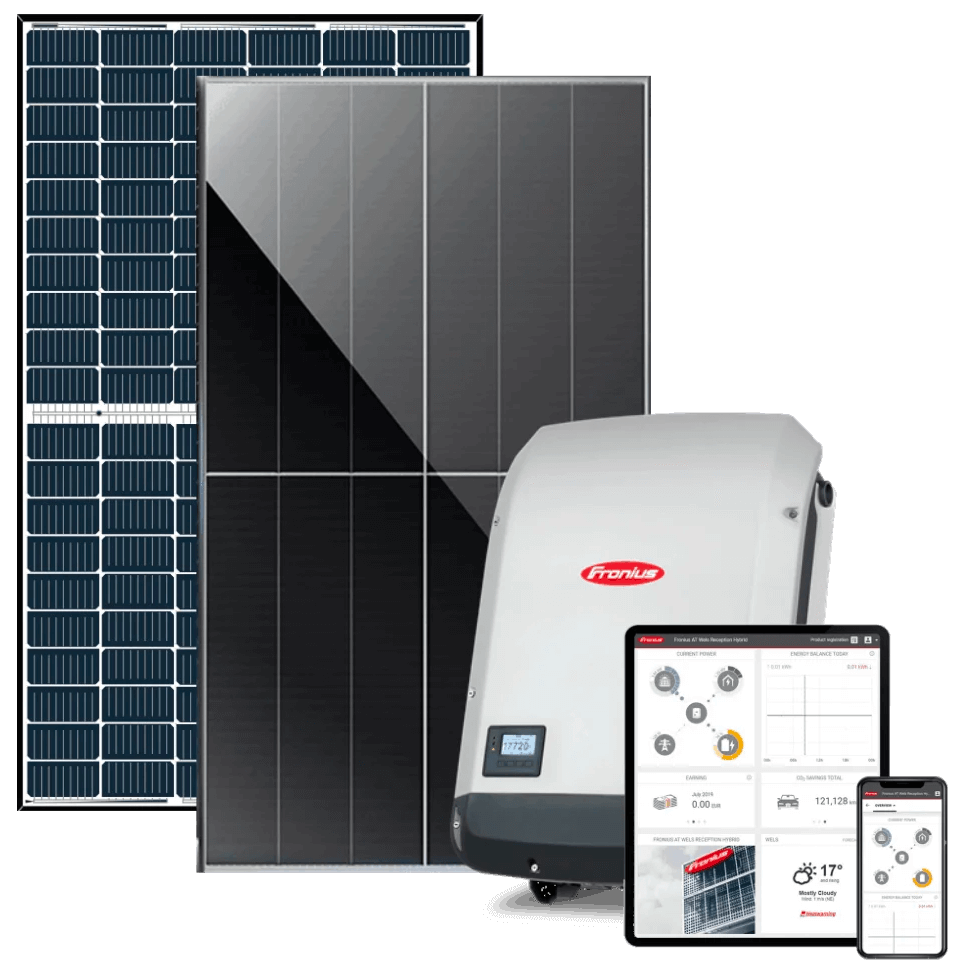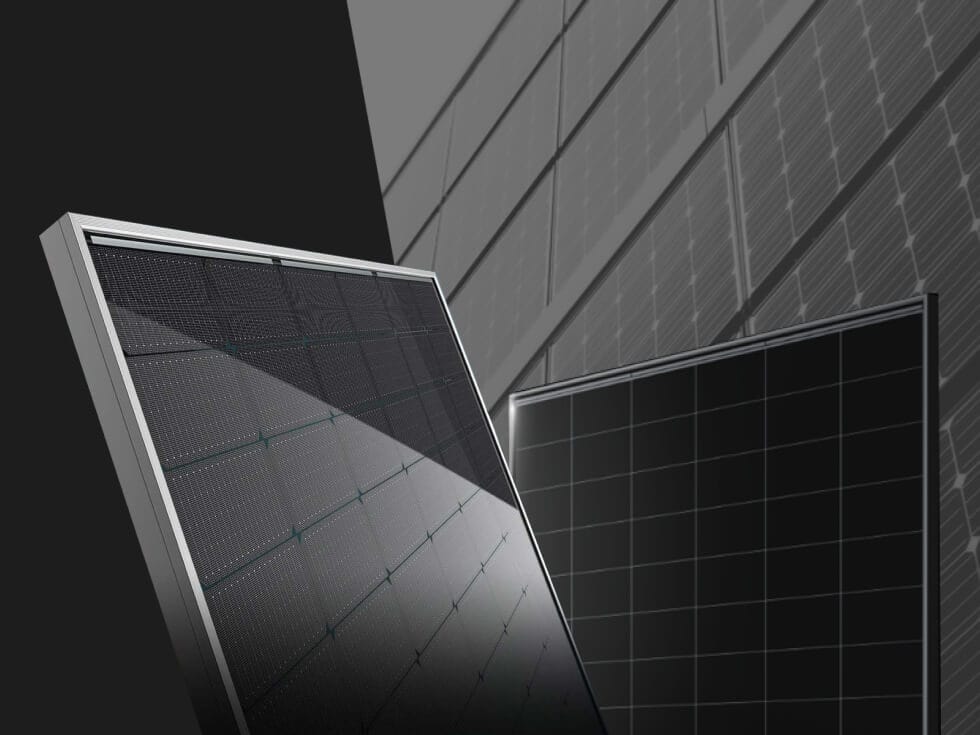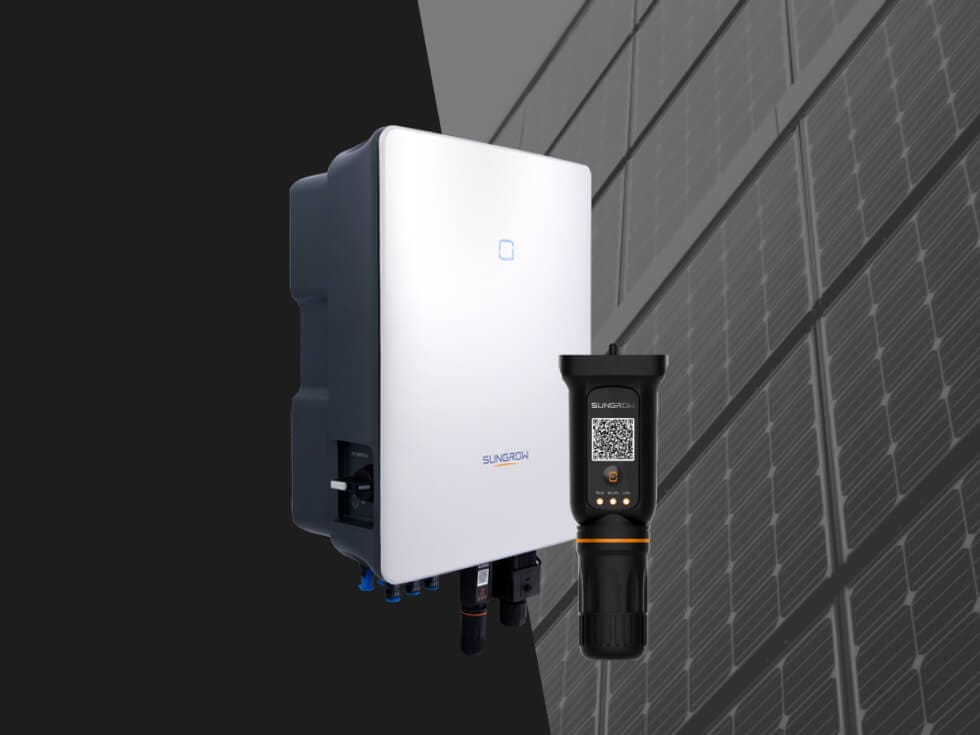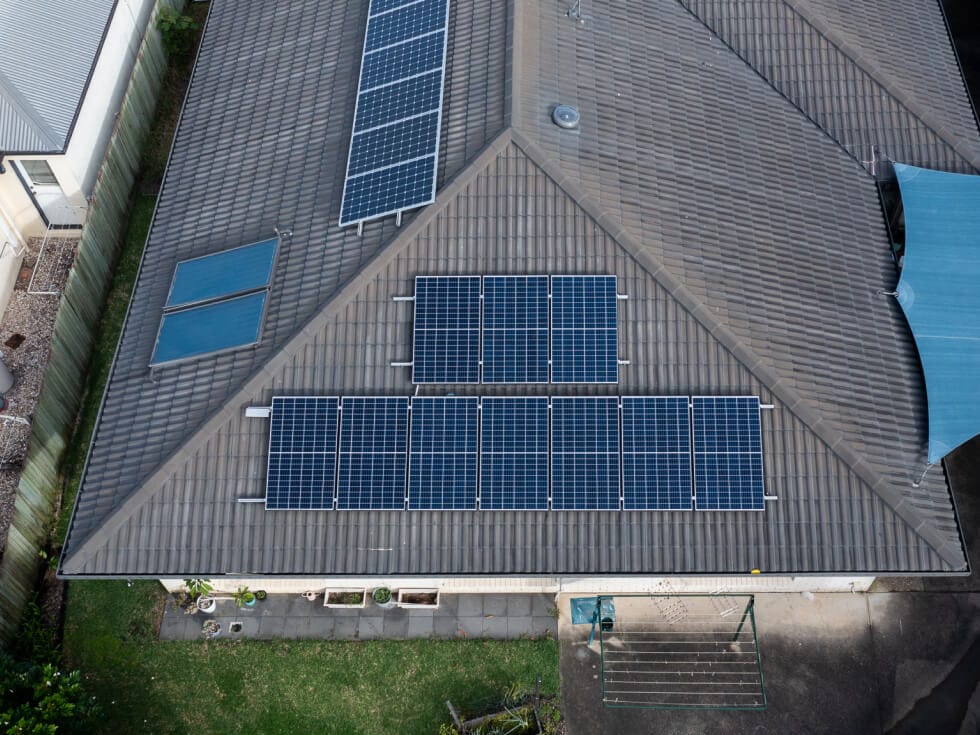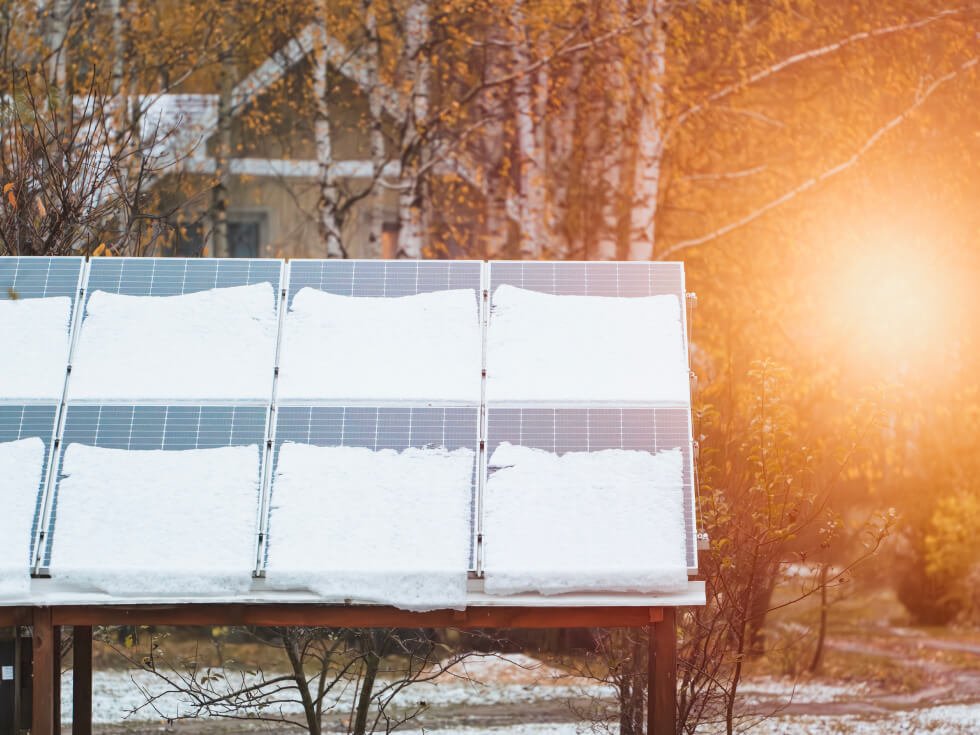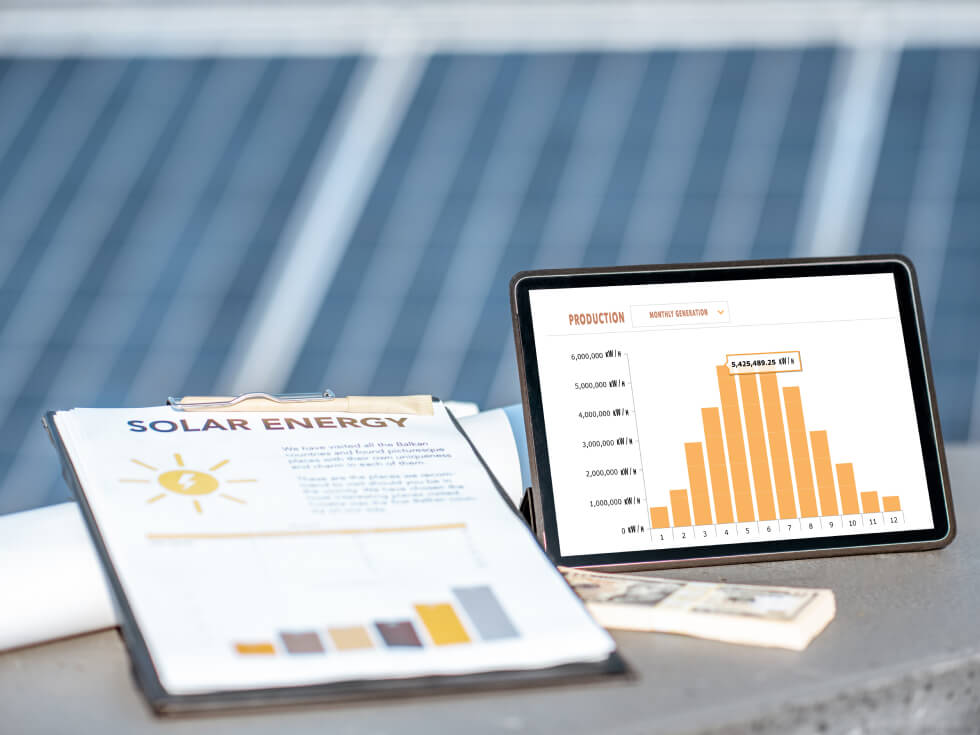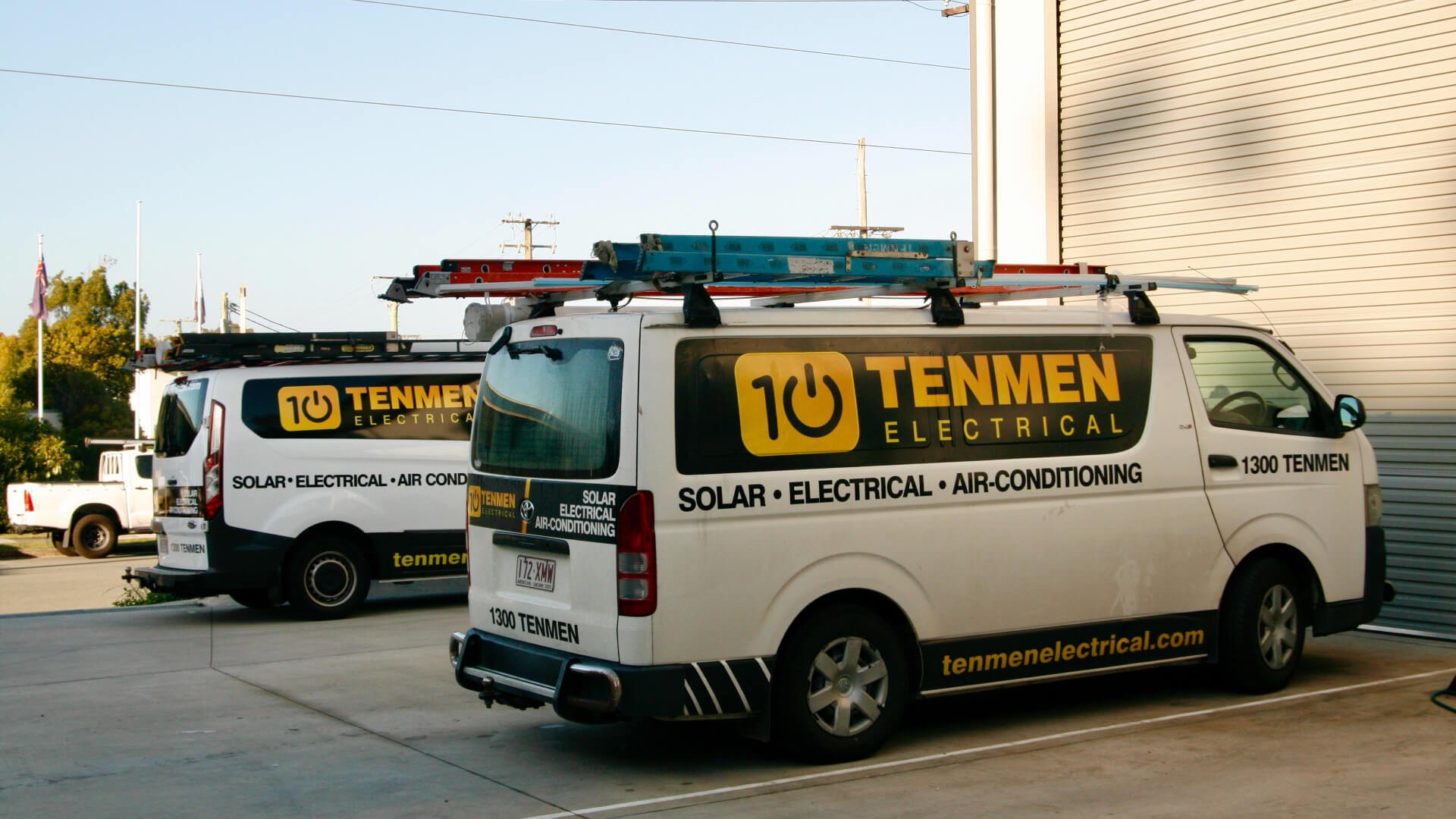Rooftop solar panels are taking Australia by storm. Over 3 million systems now grace our homes (2021 data), turning sunshine into clean energy. We’re seeing a boom in renewable energy as more Aussies embrace this eco-friendly power source.
The rooftop solar panels benefits are clear. They slash electricity bills and boost property values. With a lifespan of over 25 years, these panels are a smart long-term investment. The average system gives back 10+% yearly, and that number grows as power prices climb.
An 8kW solar panel setup on the Sunshine Coast area can save between $1400 and $2400 a year, depending on self-consumption rates. That’s a very reasonable return on investment! It’s no wonder environmental sustainability is on the rise in our sunburnt country.
Key Takeaways
- Over 3 million rooftop solar systems installed in Australia
- Average financial return of 10+% per year
- 8kW system can save $1400-$2400 annually
- Lifespan of 25+ years with minimal upkeep
- Boosts property value and promotes environmental sustainability
Rooftop Solar Panels: A Clean Energy Revolution
Rooftop solar panels are transforming the way Australians power their homes. Solar energy works by capturing sunlight and turning it into usable power. This process happens right on your roof, reducing reliance on traditional power grids. The technology has improved significantly, making it more efficient and affordable for homeowners.
In Australia, rooftop solar is viable in various climates. Even regions with fewer daylight hours during winter can benefit from this renewable energy solution. Many households now generate their own electricity, with excess power often fed back into the grid.
| Aspect | Traditional Power | Rooftop Solar |
|---|---|---|
| Energy Source | Fossil Fuels | Sunlight |
| Environmental Impact | High Carbon Emissions | Minimal Emissions |
| Long-term Costs | Increasing | Decreasing |
| Energy Independence | Grid Dependent | Self-Sufficient |
The shift towards solar energy marks a significant step in Australia’s clean energy revolution. As more households adopt this technology, we move closer to a sustainable, energy-efficient future.
Economic Advantages: Saving Money with Solar Energy
Rooftop solar panels offer significant cost savings for Australian homeowners. By harnessing the power of the sun, we can reduce our reliance on grid electricity and enjoy substantial financial benefits. Let’s explore how solar energy can put more money in your pocket.
Reduced Electricity Bills
Installing solar panels leads to immediate reductions in electricity bills. The average 8kW system can save homeowners on average $1400-$2400 annually, representing a great return on investment. These savings can accumulate over time, making solar a smart financial decision.
Protection Against Rising Energy Costs
Solar energy provides a shield against increasing electricity prices. By generating your own power, you lock in energy rates for years to come. This energy independence ensures predictable costs, regardless of market fluctuations.
Potential Income from Feed-in Tariffs
Feed-in tariffs offer an additional economic advantage. When your solar system produces excess energy, you can sell it back to the grid. In Australia, the government provides buy-back rates for exported energy, with higher rates during peak hours. This arrangement turns your roof into a mini power plant, generating potential income.
Using solar energy, we not only contribute to a cleaner environment but also enjoy significant economic benefits. The combination of reduced bills, protection against rising costs, and income from feed-in tariffs makes solar an attractive investment for Sunshine Coast homeowners.
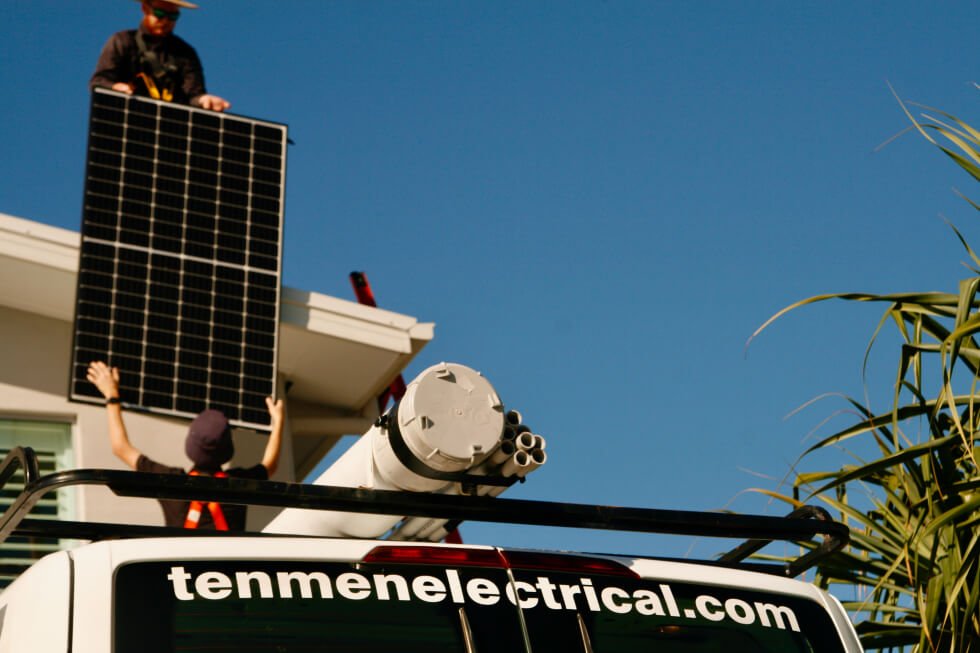
Environmental Impact: Reducing Your Carbon Footprint
Rooftop solar panels play a crucial role in promoting environmental sustainability and reducing carbon footprints. By generating clean energy, solar panels help combat climate change and reduce our dependence on non-renewable resources.
This is particularly important in Australia, where the majority of energy production still relies on non-renewable fossil fuels, mainly coal and gas. The shift towards sustainable energy not only aligns with Australia’s renewable energy targets but also helps pave the way for a more environmentally conscious nation.
Adopting rooftop solar panels empowers homeowners to take an active role in promoting environmental sustainability. We can all contribute to a reduced carbon footprint by embracing this clean energy solution, ensuring a brighter and more sustainable future for generations to come.
Energy Independence: Taking Control of Your Power Supply
Rooftop solar panels offer a path to energy independence, giving homeowners the power to manage their electricity supply. By generating clean energy on-site, we can reduce our reliance on the grid and take charge of our power needs.
Reducing Reliance on the Grid
Solar panels produce electricity during daylight hours, significantly cutting our dependence on grid power. This shift towards self-sufficiency protects us from rising energy costs and complex pricing structures.
Backup Power During Outages
When paired with battery storage, solar systems provide backup power during blackouts. This ensures a continuous electricity supply, keeping essential appliances running even when the grid fails. Additionally, the battery allows homeowners to store excess solar energy and use it when sunlight isn’t available, such as during the night or on cloudy days, further increasing the reliability and efficiency of solar power systems.
Adapting to Future Energy Needs
Solar energy helps us prepare for future energy demands. As we transition to electric vehicles and switch from gas to electric appliances, our power needs will grow. Solar panels allow us to adapt to these changes seamlessly.
| Energy Aspect | Without Solar | With Solar |
|---|---|---|
| Grid Dependence | High | Low |
| Backup Power | Limited | Available |
| Future Energy Readiness | Unprepared | Prepared |
| Price Fluctuation Impact | High | Low |
By embracing solar power, we gain energy independence, secure backup power, and prepare for our future energy needs.
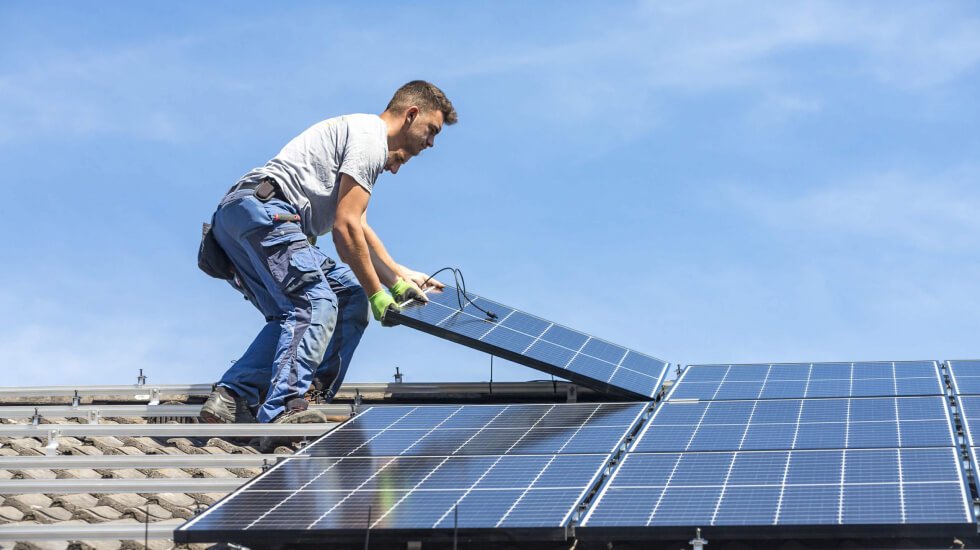
Government Incentives: Making Solar More Affordable
The Australian government offers a range of government incentives to make solar energy more accessible to homeowners. These programs aim to reduce the upfront costs of installing solar panels and encourage widespread adoption of renewable energy.
Federal Solar Rebates
The Small-scale Renewable Energy Scheme (SRES) is a federal initiative that provides small-scale technology certificates (STCs) to offset solar installation costs. These certificates can be sold or traded, effectively lowering the initial investment for solar systems.
State-Specific Solar Incentives
Many Australian states have their own solar rebates and incentives. On the Sunshine Coast, if you install a 6.6kW solar system, you can expect to receive a Queensland government rebate of approximately $3,240. However, this amount will gradually decrease over time due to the structure of the QLD solar rebate program.
Tax Benefits for Solar Adopters
Solar adopters can enjoy various tax benefits. These may include deductions for solar installations on rental properties or accelerated depreciation for businesses investing in solar energy. It’s important to consult with a tax professional to understand the specific tax benefits available in your situation.
Combined with solar feed-in tariffs, these incentives significantly reduce both the initial investment and ongoing costs of solar panel installation. As a result, solar energy has become an increasingly attractive option for many Australian homeowners, offering long-term savings and environmental benefits.
Increasing Property Value: Solar as a Home Improvement
Rooftop solar panels are more than just a way to save on energy bills. They’re a smart home improvement that can boost your property value. In Australia, we’re seeing a growing trend of buyers willing to pay extra for homes with solar installations.
Solar panels are now viewed as a premium upgrade, much like a renovated kitchen or a finished basement. This shift in perception makes solar investment an attractive option for homeowners looking to increase their property value.
Studies across Australia show that homes with solar systems fetch higher prices on the market. Even properties with third-party owned systems generally see a neutral to positive impact on their value.
The long-term energy savings coupled with increased property value make solar panels a win-win home improvement. For homeowners considering selling in the future, it’s an investment that pays off both now and later.
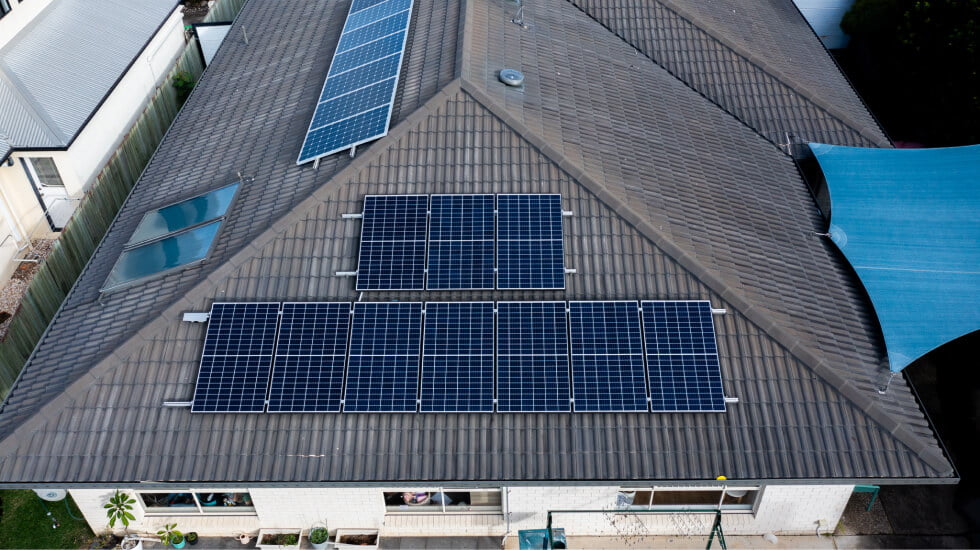
Low Maintenance and Long-Term Reliability
Solar panels are a smart choice for Aussie homeowners seeking low maintenance energy solutions. These systems require minimal upkeep, making them an ideal option for busy households. Let’s explore why solar panels are known for their long-term reliability and durability.
Minimal Upkeep Requirements
Keeping your solar panels in top shape is a breeze. A quick clean a few times a year is often all it takes, with rain helping to wash away dust and debris. To ensure optimal performance, it’s recommended to have a professional maintenance check at least once a year. This low-maintenance approach means more time enjoying the benefits of solar energy without the hassle of constant upkeep.
Durability and Longevity of Solar Panels
Solar panel durability is impressive. Most panels last 25 years or more, standing up to Australia’s harsh weather. From scorching summers to wild storms, quality solar panels keep working year after year. This long-term reliability ensures steady energy production for decades.
Warranty and Performance Guarantees
Many solar panel makers offer strong warranties. These often cover both materials and performance. It’s common to see 25-year warranties, matching the expected lifespan of the panels. Some even guarantee a certain level of power output over time. This gives homeowners peace of mind about their investment.
| Aspect | Details |
|---|---|
| Maintenance Frequency | 1-2 times per year |
| Average Lifespan | 25+ years |
| Typical Warranty Length | 25 years |
| Performance Guarantee | 80-90% output after 25 years |
Technological Advancements: The Future of Solar Energy
The solar industry is racing ahead with exciting technological advancements. We’re seeing new panel designs that capture more sunlight and turn it into electricity more efficiently. These improvements are making solar energy cheaper and more powerful for Australian homes.
Energy storage is another area of solar innovation. Better batteries mean we can use solar power even when the sun isn’t shining. This helps us rely less on the grid and save more money. Smart home systems are also getting better at managing our solar energy use.
Looking to the future of solar energy, we expect even more breakthroughs. Scientists are working on super-efficient solar cells that could power our homes with less roof space. As these technologies improve, more Aussies will be able to enjoy the benefits of clean, affordable solar power.
These ongoing advancements in solar tech are shaping a brighter, greener future for Australia. They’re making it easier and more affordable for everyone to switch to solar, helping us all do our part for the environment while saving on energy bills.
Next Steps
Ready to start saving on energy bills and reduce your carbon footprint? Contact Tenmen today for a free consultation and discover how rooftop solar panels can benefit your home or business. Let us help you harness the power of the sun and make the switch to clean, renewable energy!

